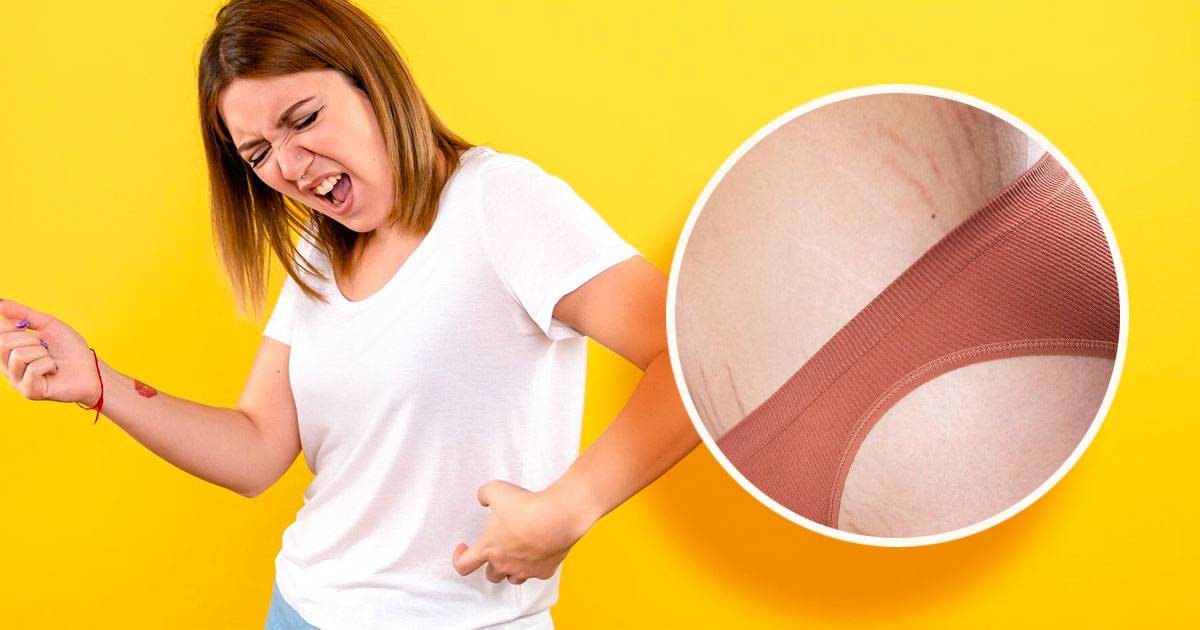Why Do Stretch Marks Itch When Losing Weight? Causes and Remedies

Starting a weight loss journey is more than just a physical transformation. It’s a holistic process that involves changes in diet, exercise, lifestyle habits, and even your mental wellbeing. Research suggests that successful weight loss is best achieved through a combination of these elements.
Preparation for weight loss should start with setting realistic goals and creating a feasible plan to achieve them. This includes dietary changes such as incorporating more fruits, vegetables, whole grains, protein, and fiber into your meals and reducing your intake of processed foods. Physical activity is equally important, with a combination of cardio workouts and strength training exercises being most effective.
Mental preparation is also crucial. Weight loss can be an emotional journey, and it’s important to manage expectations, practice gratitude, and stay positive. Also, remember that weight loss isn’t just about numbers on the scale. It’s about improving overall health and wellness.
The Itchiness of Stretch Marks During Weight Loss
As you navigate the journey of weight loss, you’ll find yourself preparing for a myriad of changes. Some are expected, like the need for a new wardrobe or increased confidence, while others can come as a surprise. Itching, especially in regions with stretch marks, is one of these unanticipated sensations. But why does this occur? What causes stretch marks to itch when losing weight?
When our skin stretches or shrinks too quickly, striae, also known as stretch marks, develop. The collagen and elastin that support our skin may rupture due to this quick change. Stretch marks could develop as the skin heals.
When you lose weight, especially rapidly, your skin contracts. Previous stretch marks may become more noticeable and sometimes even itch. This itchiness is primarily due to two reasons; skin dryness and the healing process of the scars caused by tearing.
Skin can become dry and itchy as fat cells shrink and the skin becomes taut. Furthermore, the healing process of the stretch marks can also cause itchiness. The skin gets thinner, softer, and loses some of its support as it stretches. This lack of moisture can lead to further dryness, which can then irritate existing scars, causing itchy skin.
Additionally, sweat and friction during physical exercises for weight loss can contribute to skin irritation and exacerbate the itchiness.
Managing Itchiness Caused by Stretch Marks During Weight Loss
While the itchiness caused by stretch marks and belly fat during weight loss can be a surprise, it’s important to remember that it’s a common occurrence and there’s no need for alarm. There are several practical ways to manage and treat this discomfort, allowing you to continue your weight loss journey without unnecessary distraction.
1. Hydrate Your Skin
Moisturizing the skin can help soothe the itchiness associated with stretch marks. Look for creams and lotions that contain ingredients such as hyaluronic acid and shea butter, which are known for their hydrating properties.
2. Use Over-the-Counter Treatments
Itching can be lessened with over-the-counter medications like hydrocortisone cream. These creams work by reducing inflammation and redness in the area where they’re applied.
3. Stay Hydrated
Staying hydrated from the inside out can help minimize dryness and itching on your skin. To achieve this, drink lots of water.
4. Wear Breathable Fabrics
Wearing breathable fabrics like cotton can help reduce irritation and itching caused by sweat and friction during exercise.
What should you do if itchiness from stretch marks persists?
If the itchiness caused by stretch marks during weight loss persists despite your best efforts at home, it may be time to seek professional help. Itching that does not go away could be a sign of a more serious skin condition that requires medical attention. This is what you must do:
Consult a Dermatologist
If your itching does not go away, a dermatologist, who specializes in skin disorders, can give you an exact diagnosis. They can examine your skin, understand your medical history, and possibly conduct certain tests to figure out the cause of the itch.
Prescription Medications
If your itching is severe or related to a specific skin condition, dermatologists may prescribe stronger treatments. These could include topical corticosteroids, antihistamines to reduce itching, or other medications tailored to your specific condition.
Medical Procedures
In some cases, medical procedures might be recommended. Laser therapy, for example, can improve the appearance of stretch marks and could potentially alleviate associated symptoms like itching.
Psychological Support
It’s also worth noting that persistent itching can have psychological impacts, such as anxiety or distress. Consider getting help from a mental health professional if you are feeling like this.
Do not Let Itching Obstruct Your Weight Loss Journey
In the grand scheme of things, dealing with itchiness from stretch marks during your weight loss journey may seem like a small inconvenience. Yes, it can be uncomfortable and, at times, distracting, but remember, it should not deter you from your ultimate goal of achieving a healthier lifestyle.
Hydrating your skin and body, wearing comfortable clothing, and using over-the-counter treatments are all practical steps to manage this minor setback. And if the itchiness persists, don’t hesitate to seek professional help.
Remember, every step, every change, and every discomfort is part of your transformation. Don’t let the itchiness overshadow the progress you’re making. Keep your focus on the goal and keep moving forward. Your weight loss goal is well within your reach!
